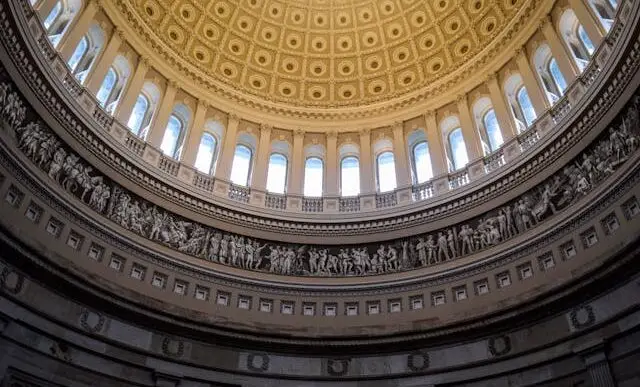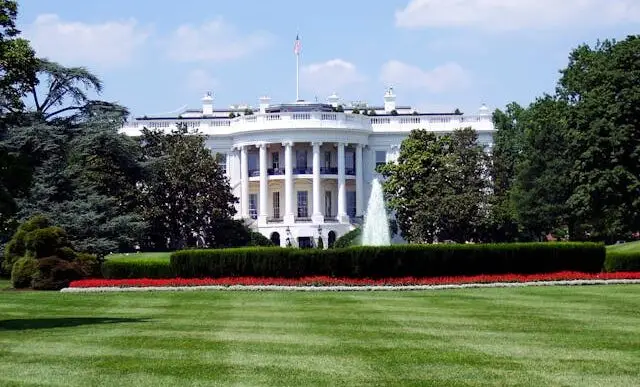Opponents of failed California measure to raise minimum wage say voters ‘made the right call’
California Rejects Measure to Raise Minimum Wage
In a closely contested decision, California voters have narrowly defeated a ballot measure that sought to raise the state’s minimum wage. Opponents of the initiative argue that its failure will prevent a worsening of inflation, a concern that has been central to the debate leading up to the vote.
The ballot initiative, if successful, would have increased the minimum wage incrementally over several years. However, critics have contended that the move would put undue stress on businesses, particularly small and medium-sized enterprises, and ultimately exacerbate inflationary pressures.
Fears Over Inflation Take Center Stage
The issue of inflation has become a major talking point in recent years, as the national economy continues to grapple with the effects of soaring prices on a wide range of goods and services. Critics of the minimum wage hike argue that increasing wages would force businesses to pass on the additional costs to consumers, leading to higher prices and further inflation.
“The voters have made the right call,” said Melissa Cortez, a spokesperson for the opposition campaign. “While we understand and empathize with the desire to increase wages for hardworking Californians, we must also consider the broader economic impact. This measure would have put significant pressure on businesses and could have led to increased inflation.”
Proponents Express Disappointment
On the other side of the debate, proponents of the wage increase expressed disappointment at the result. They argue that the current minimum wage is not sufficient for workers to meet their basic needs, particularly in a state like California where the cost of living is significantly higher than the national average. They contend that raising the minimum wage would stimulate consumer spending and ultimately boost the economy.
“It’s a disappointing result,” said Brian Smith, a spokesperson for the initiative. “Too many Californians are struggling to make ends meet, and this measure would have provided them with a much-needed boost. The argument that this would lead to inflation is misguided. In fact, increasing the minimum wage would put more money in people’s pockets, encouraging consumer spending and driving economic growth.”
Looking Forward
In the aftermath of the vote, both sides have expressed a willingness to continue discussions on ways to address wage concerns while also mitigating the risk of inflation. Business groups have suggested that a more gradual increase in the minimum wage, combined with other measures to support businesses, could be a more viable path forward.
“We need to find a balance,” said Cortez. “We are committed to working with all stakeholders to find a solution that supports our workers without putting undue pressure on businesses and the economy.”
On the other hand, proponents of the minimum wage increase, despite the setback, have vowed to continue their efforts. They argue that the issue of wage stagnation needs to be addressed urgently, and they are optimistic that a solution can be found that benefits all Californians.
“The fight is not over,” said Smith. “We will continue to advocate for a living wage for all Californians. We believe that with the right policies in place, we can increase wages and stimulate the economy without triggering inflation.”















